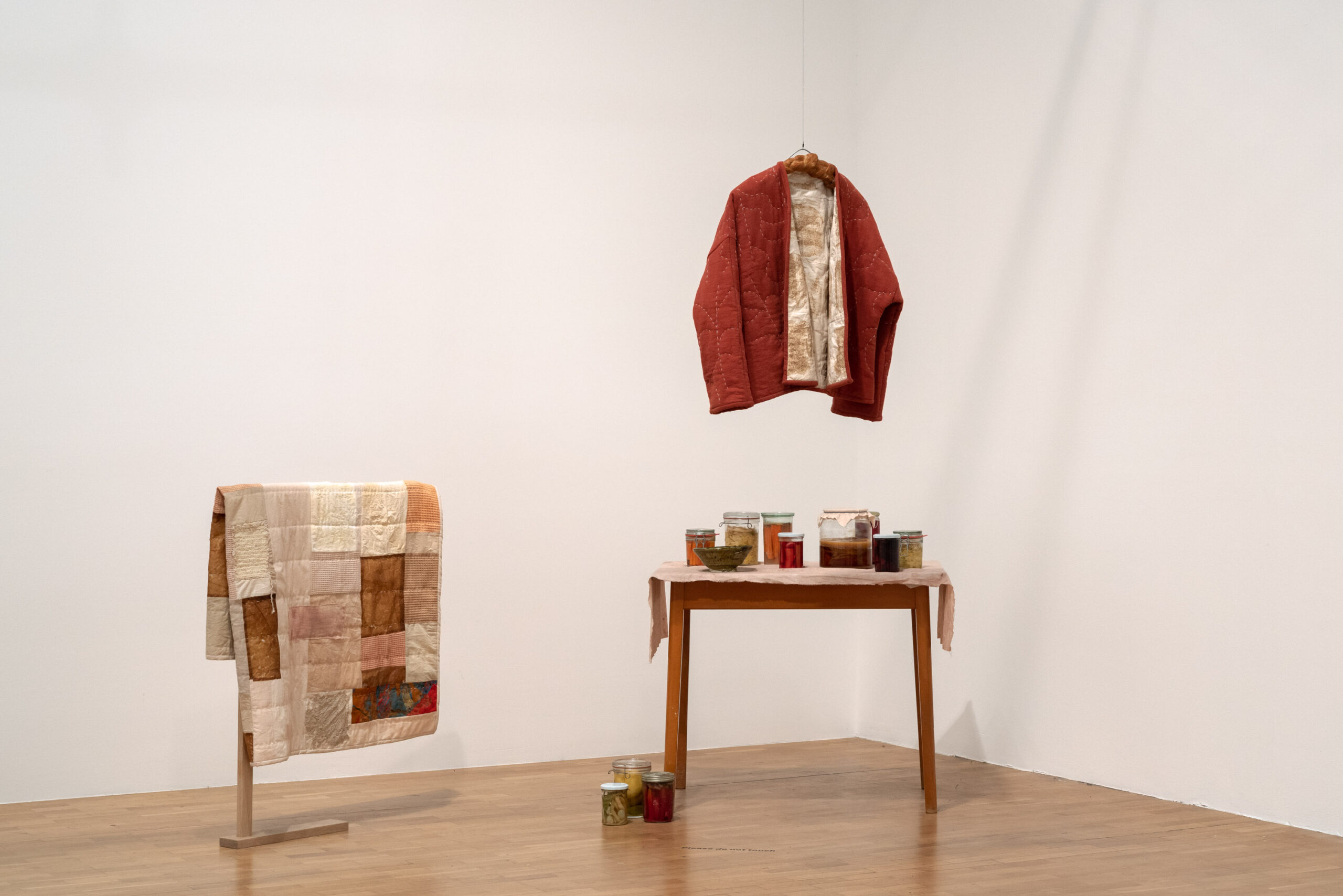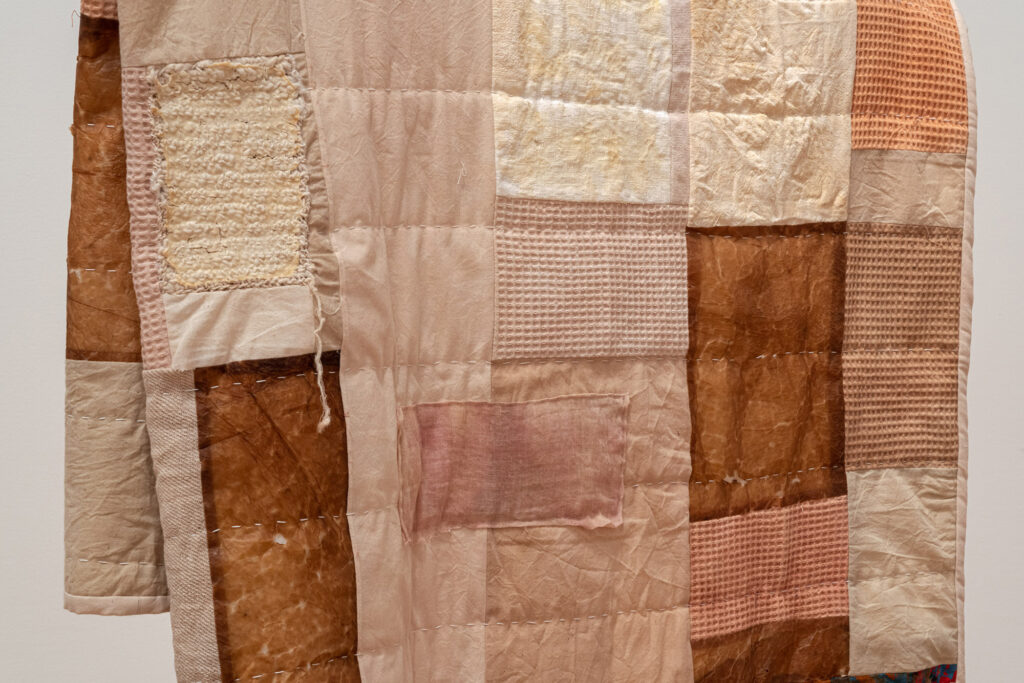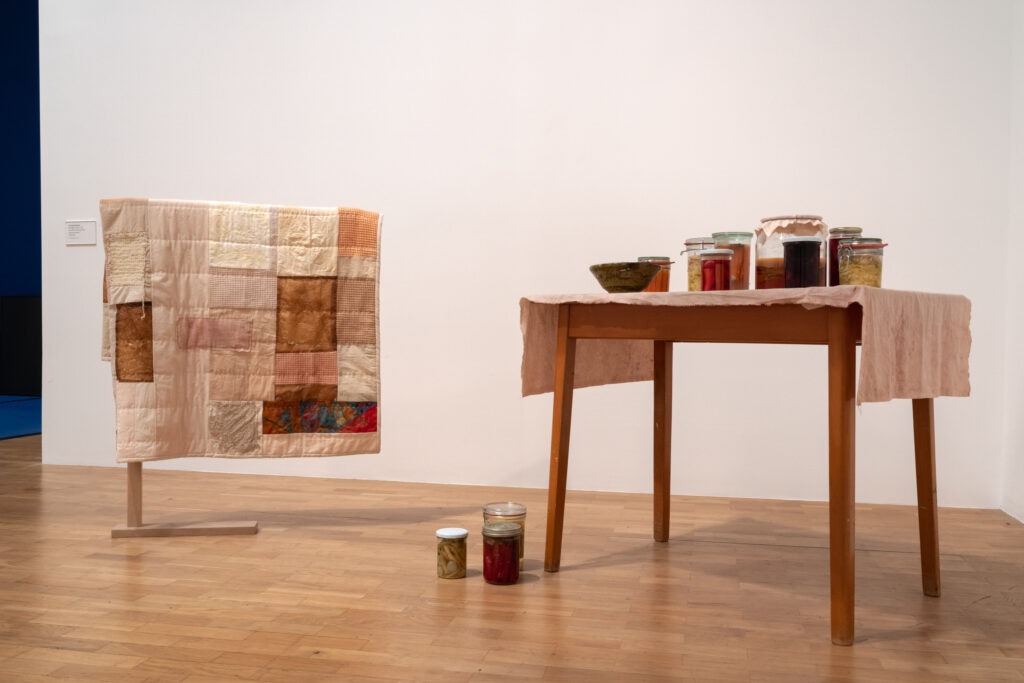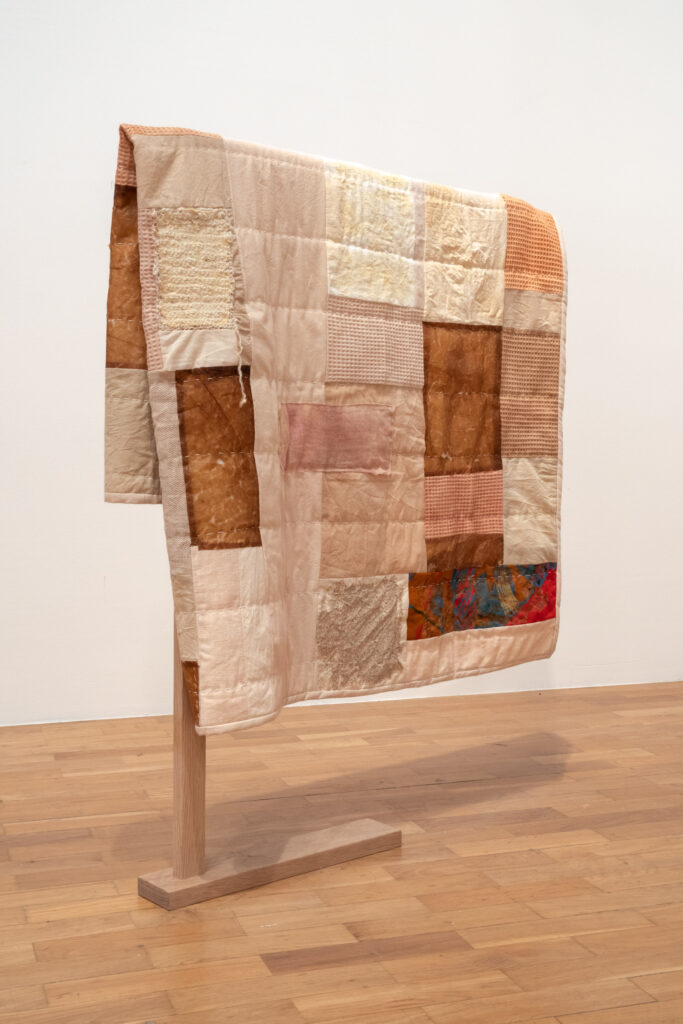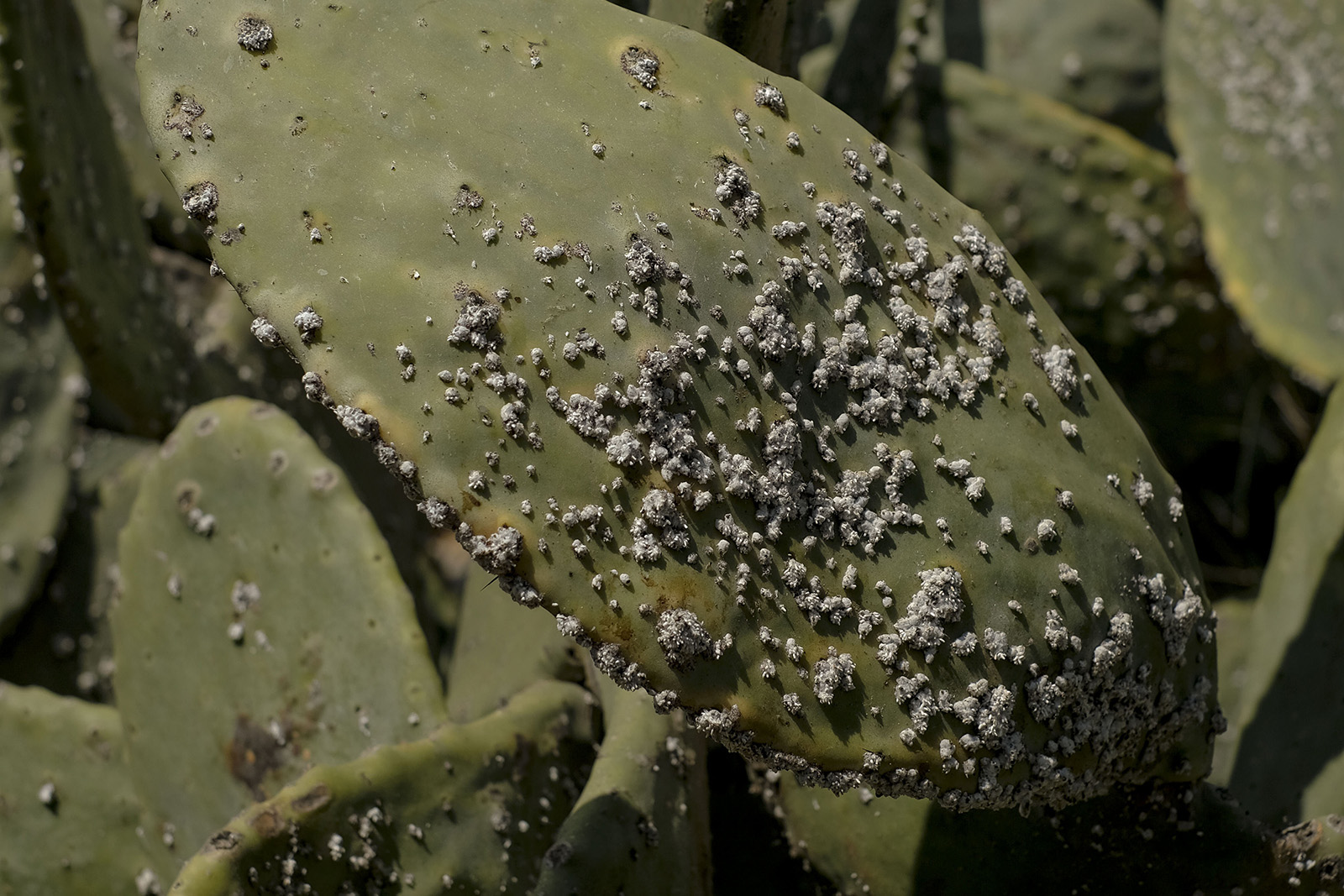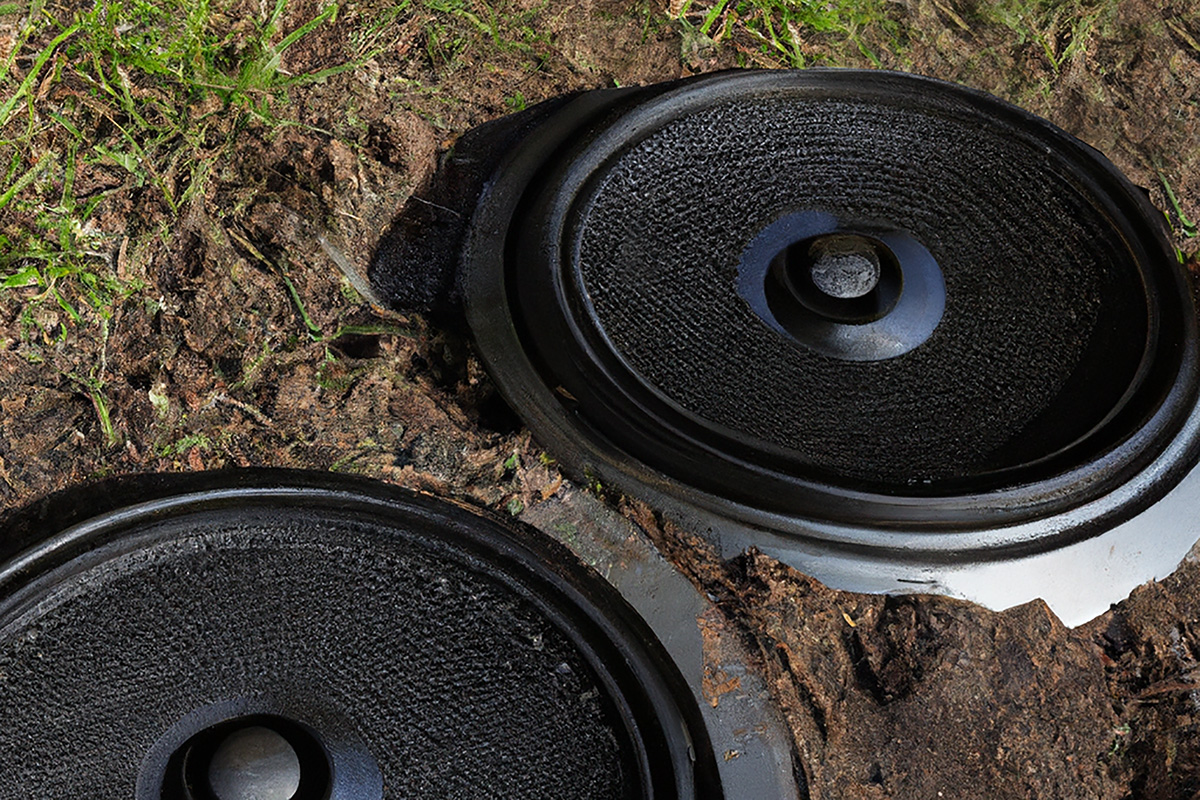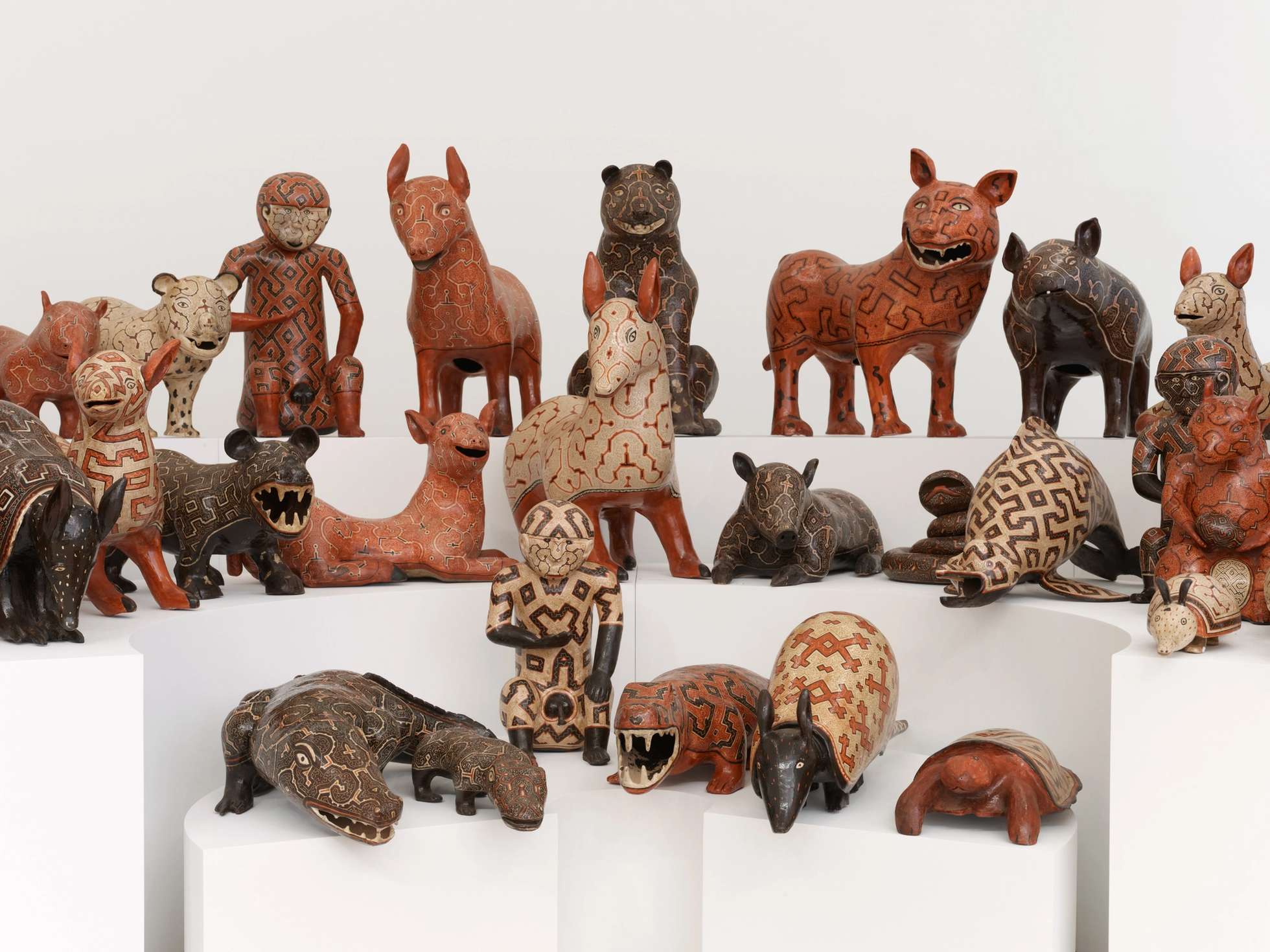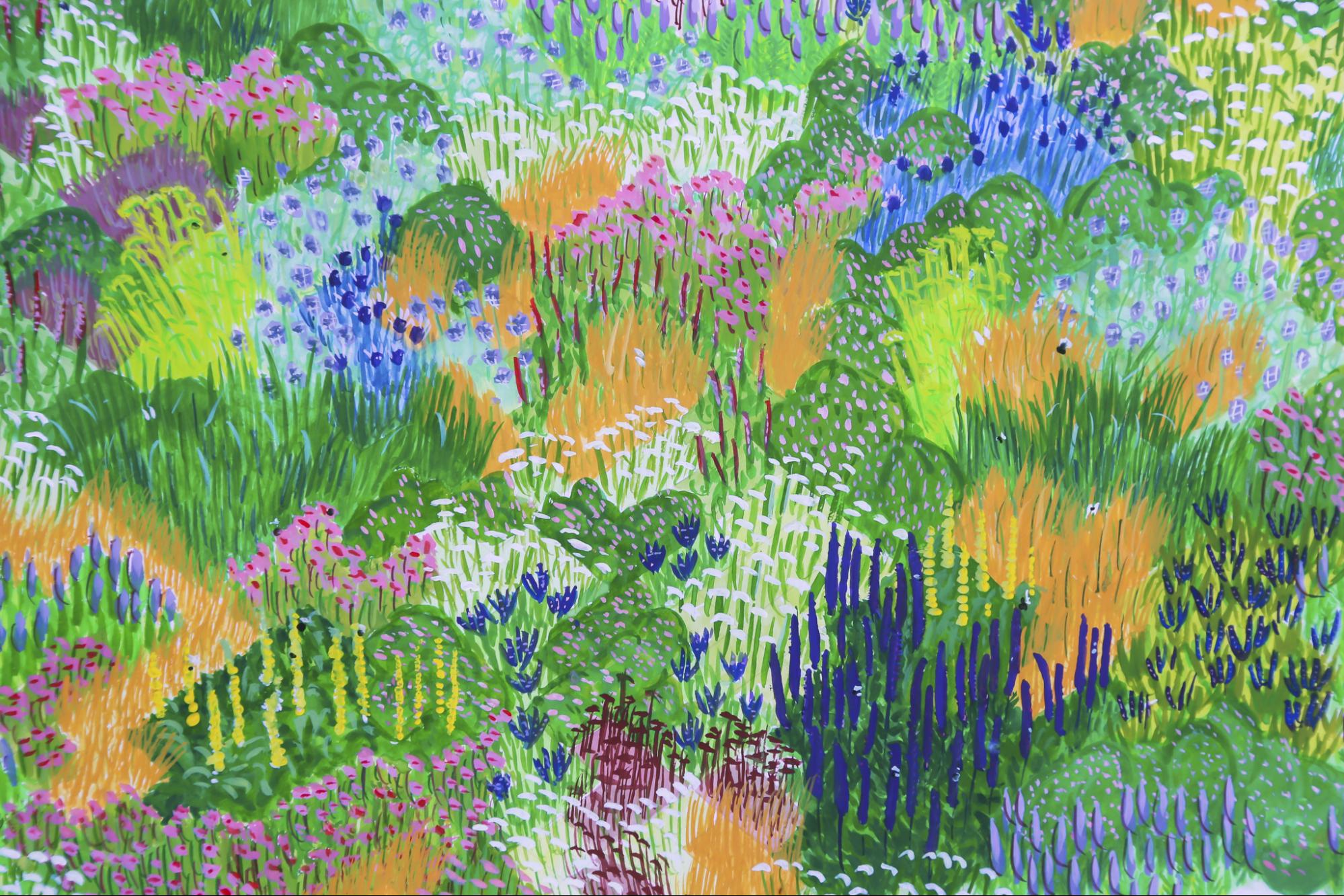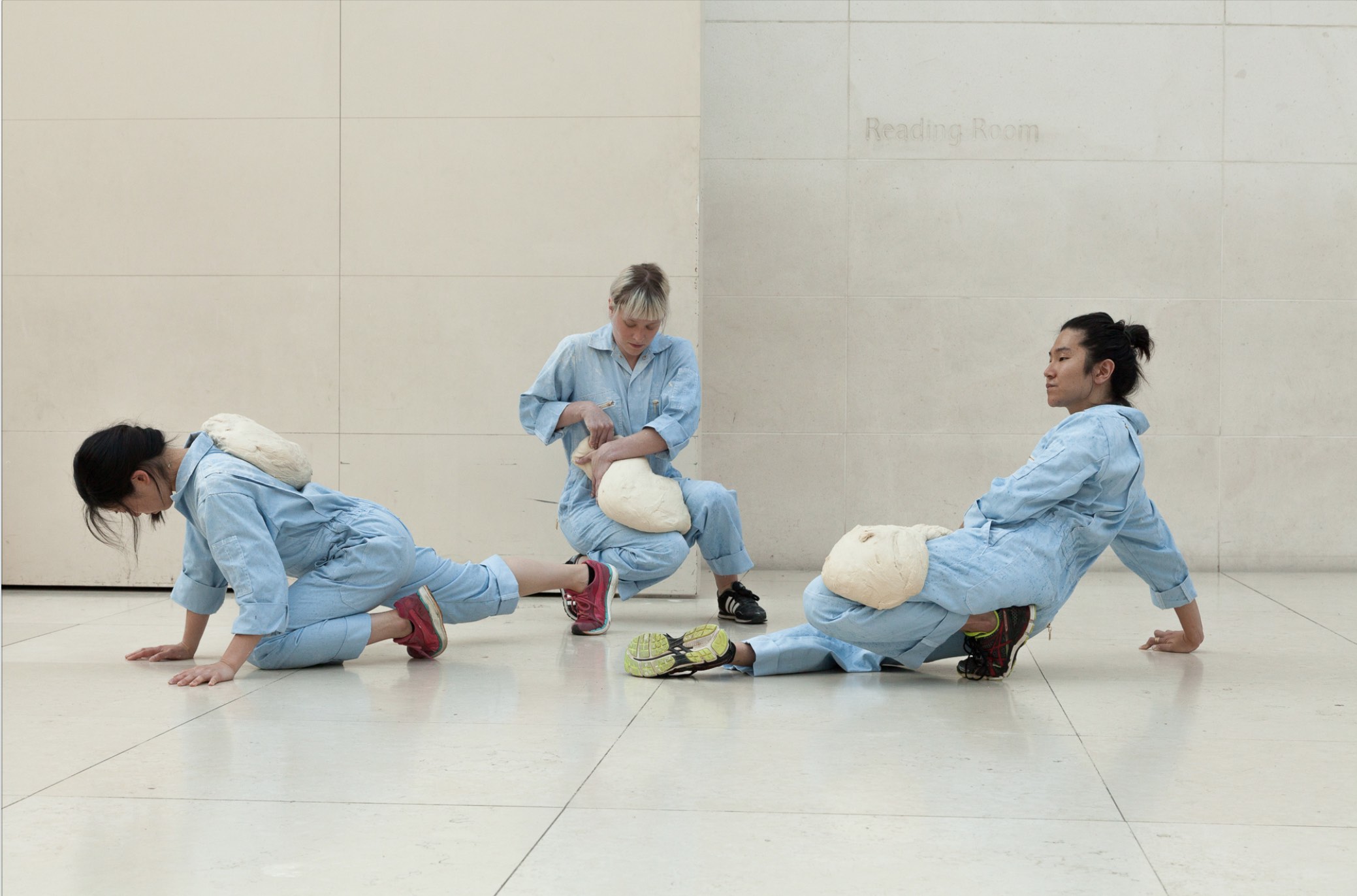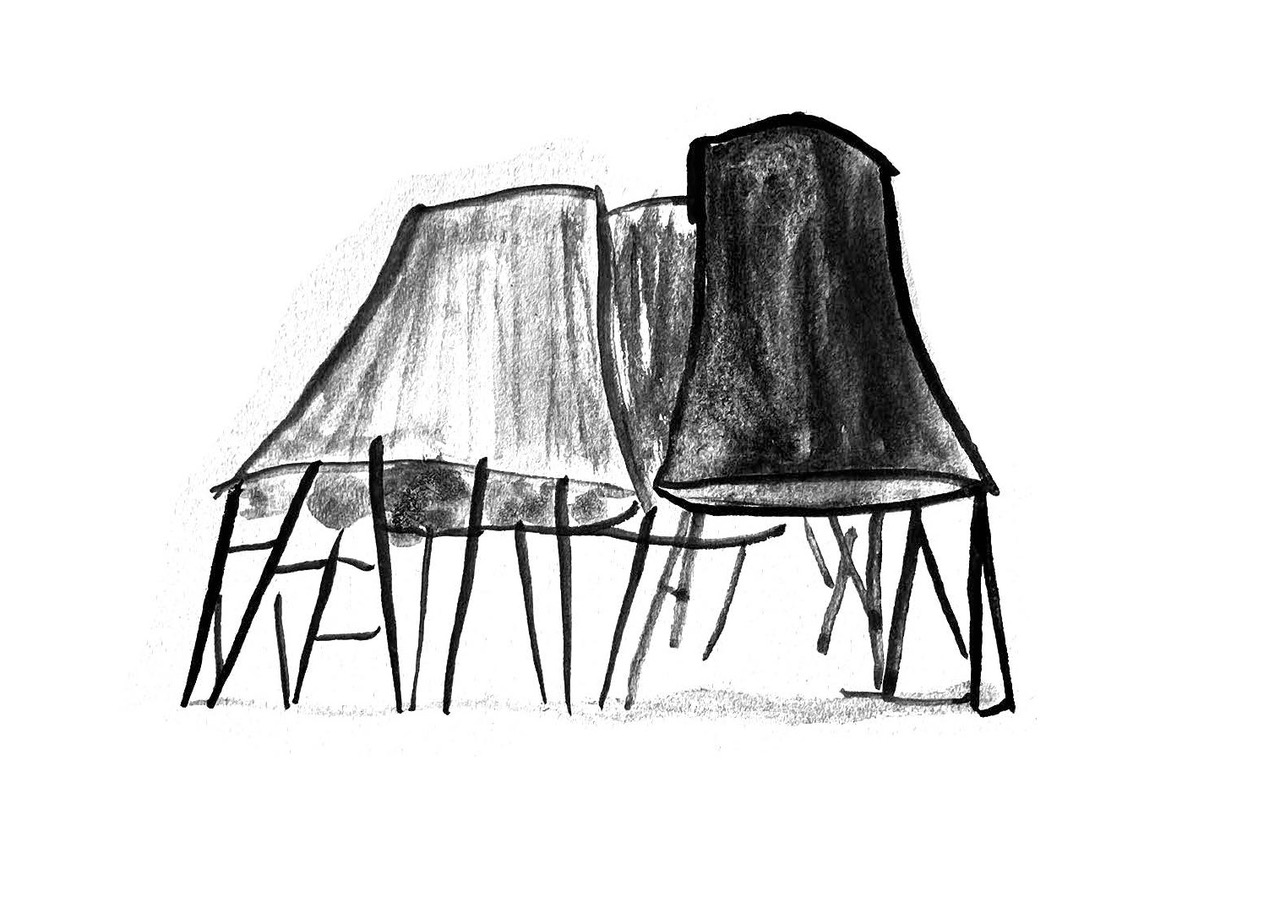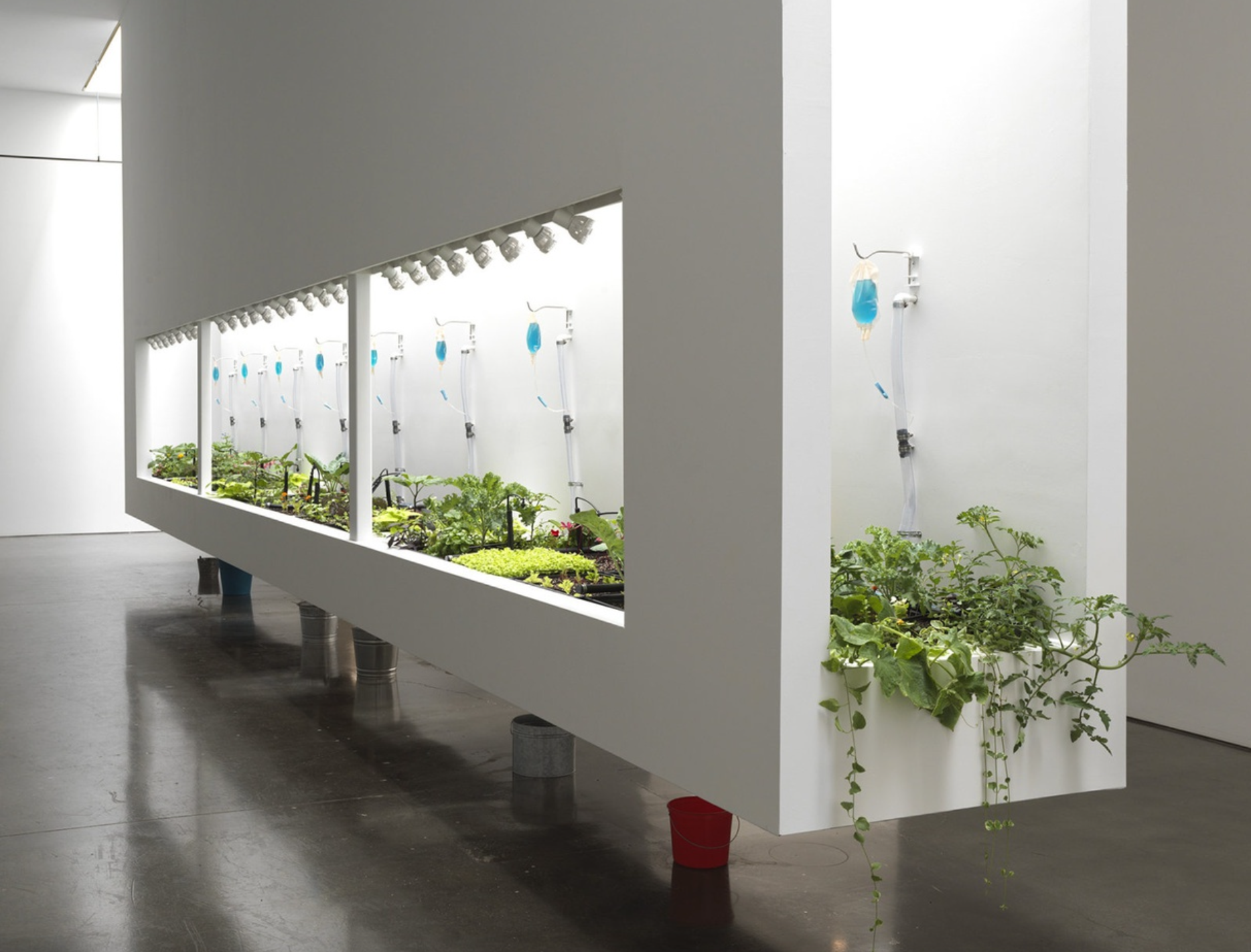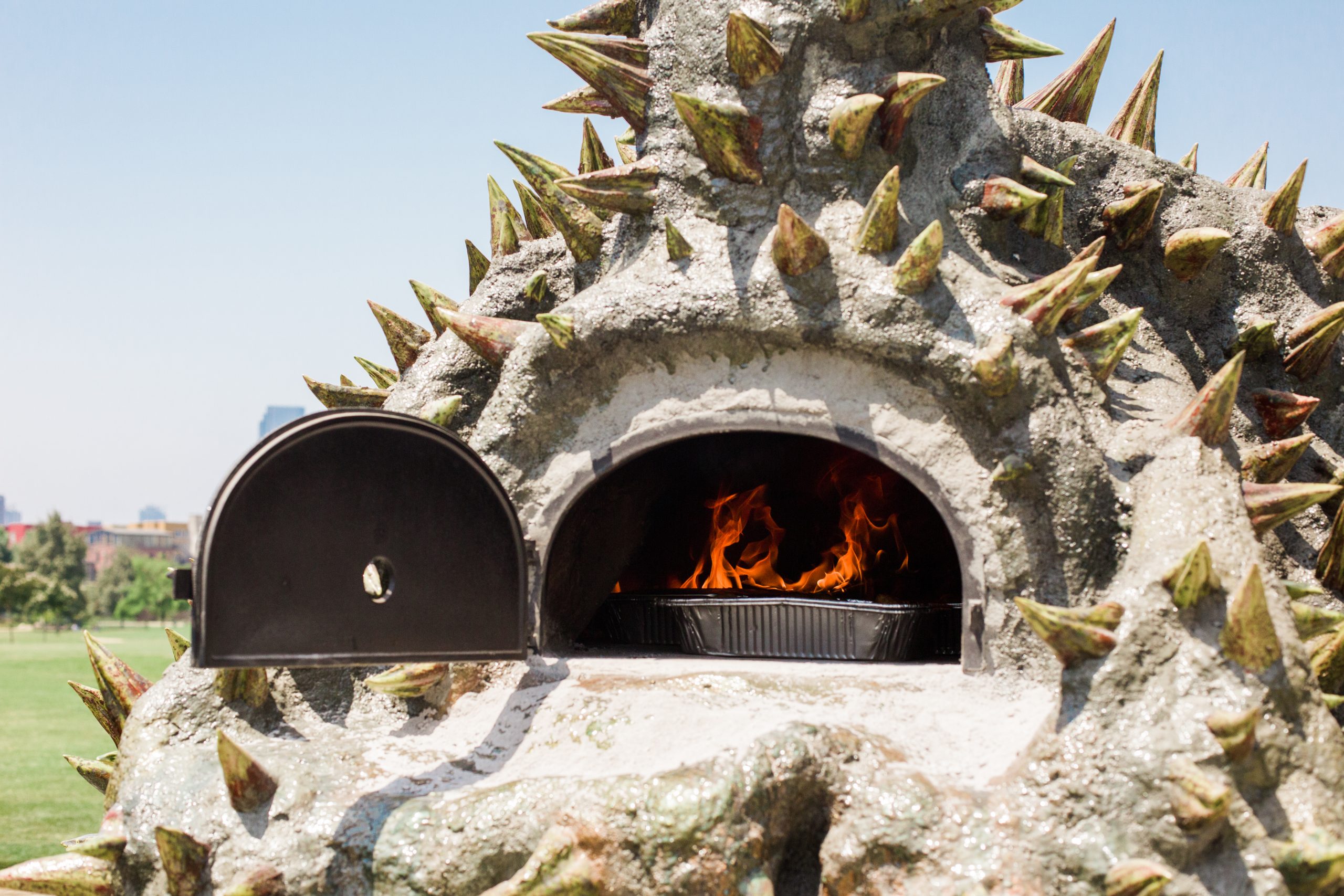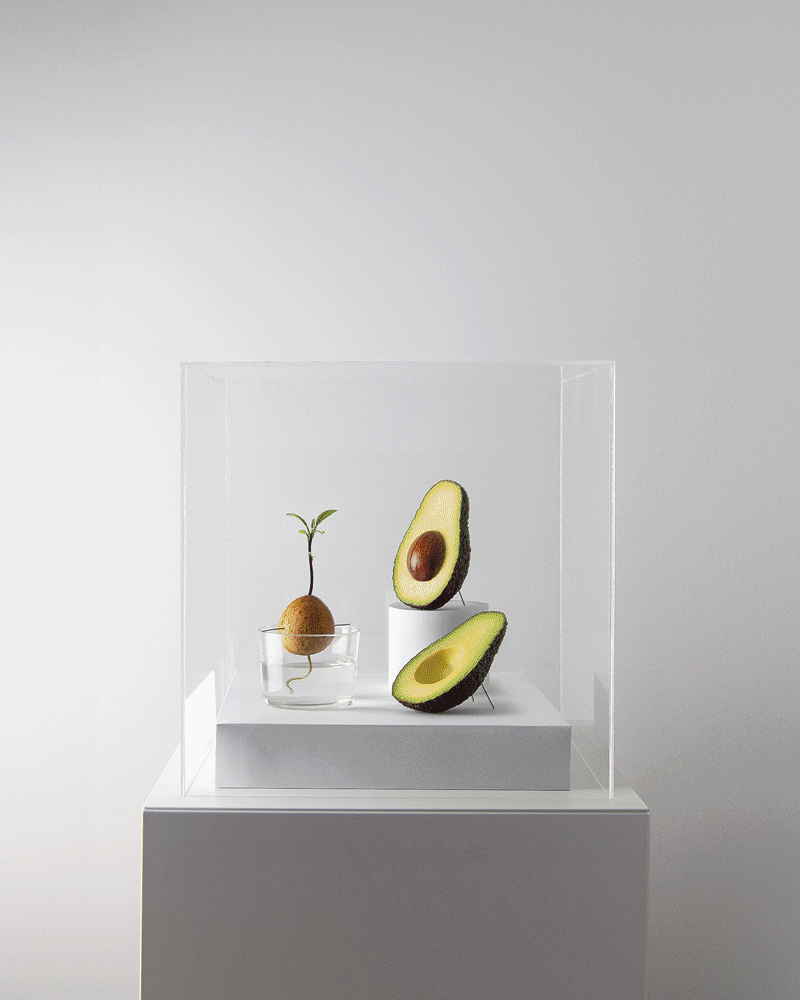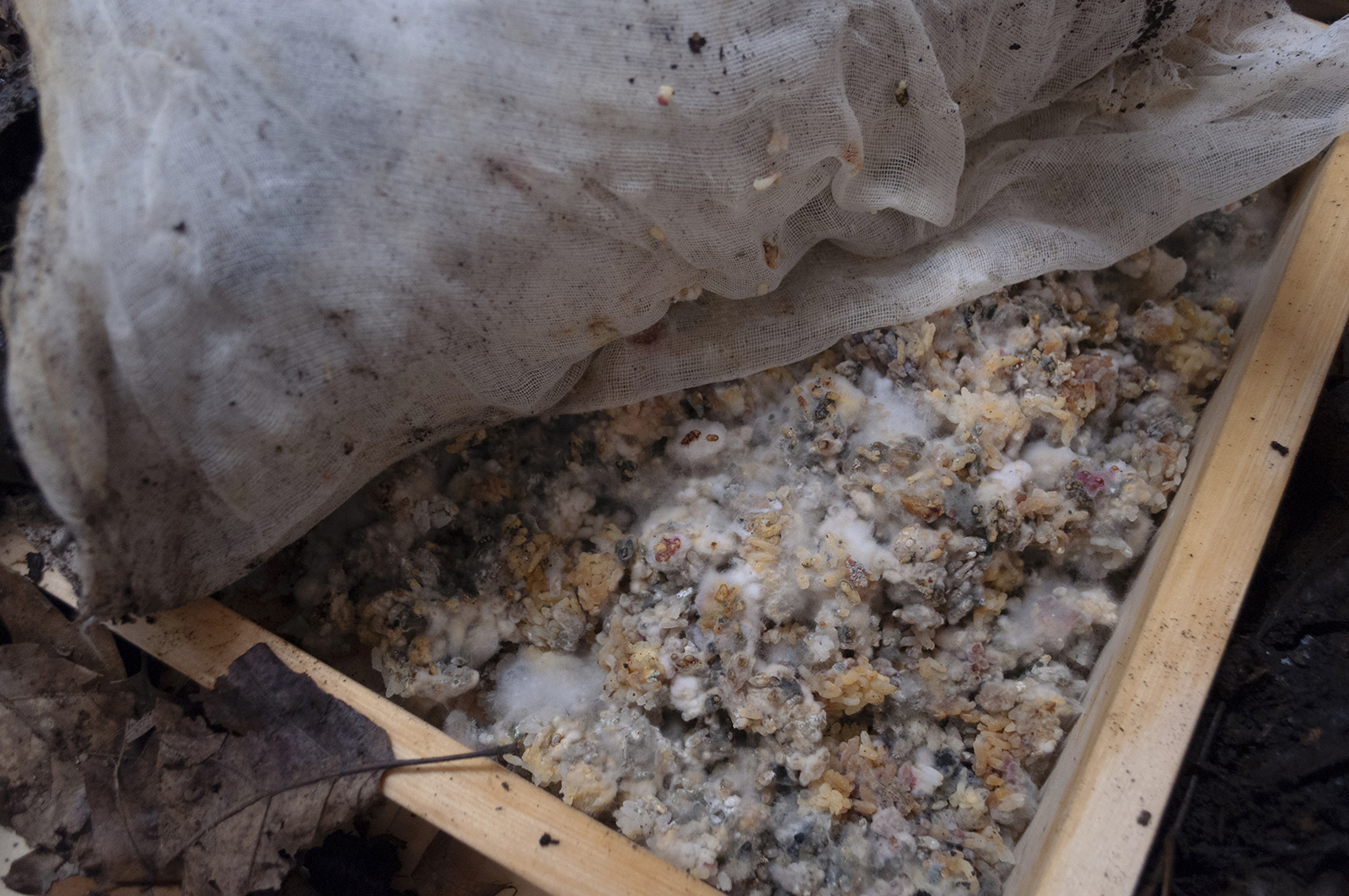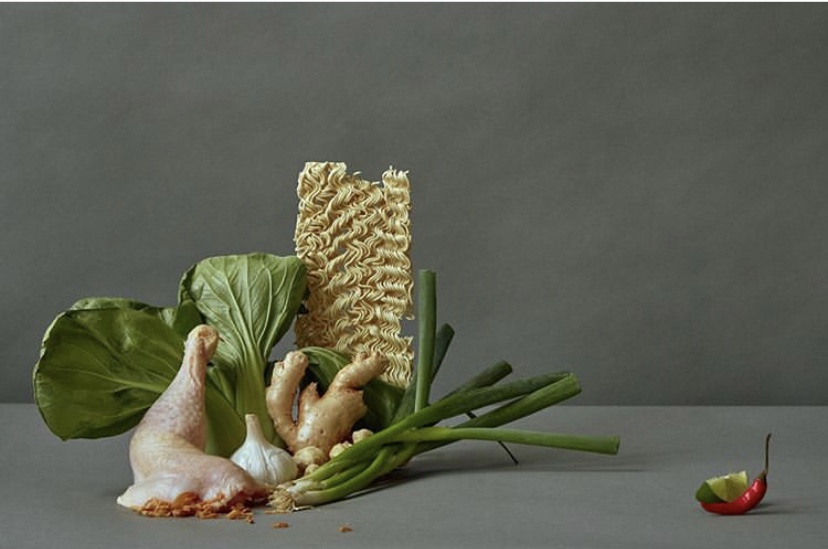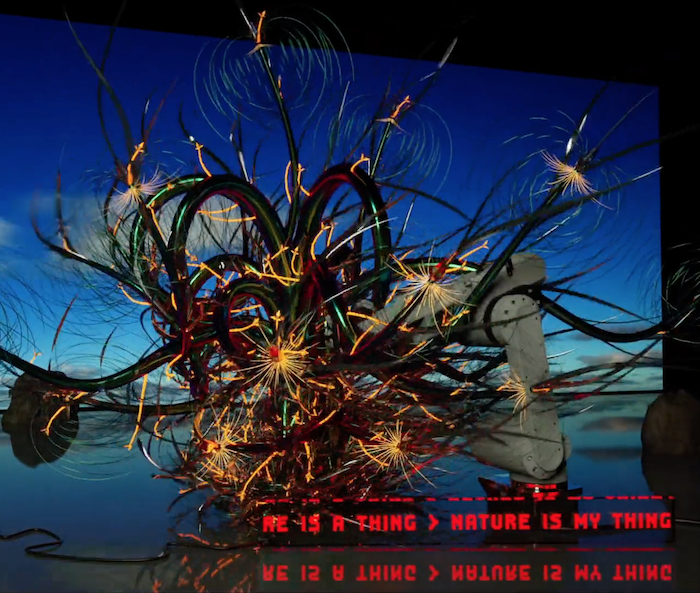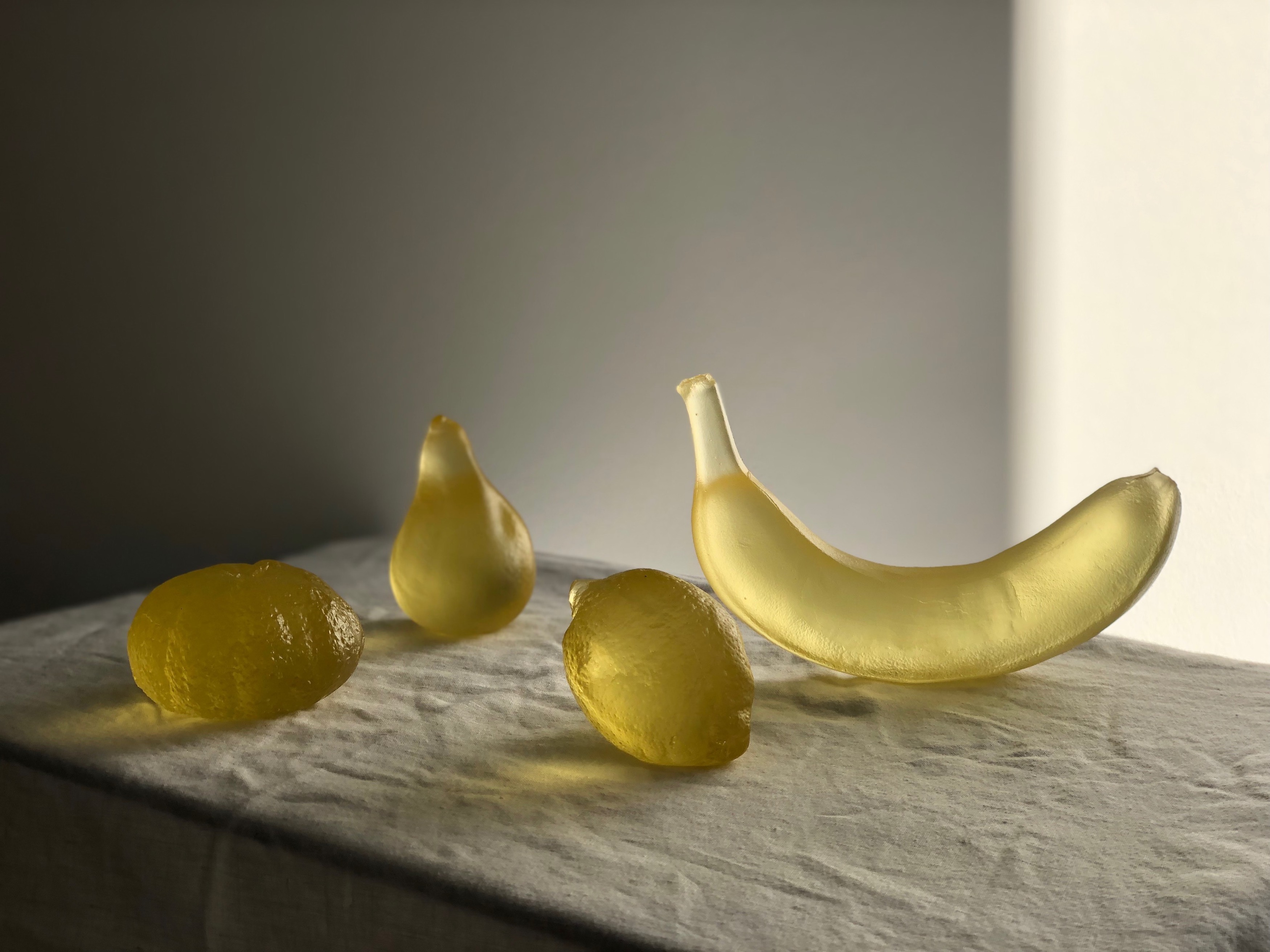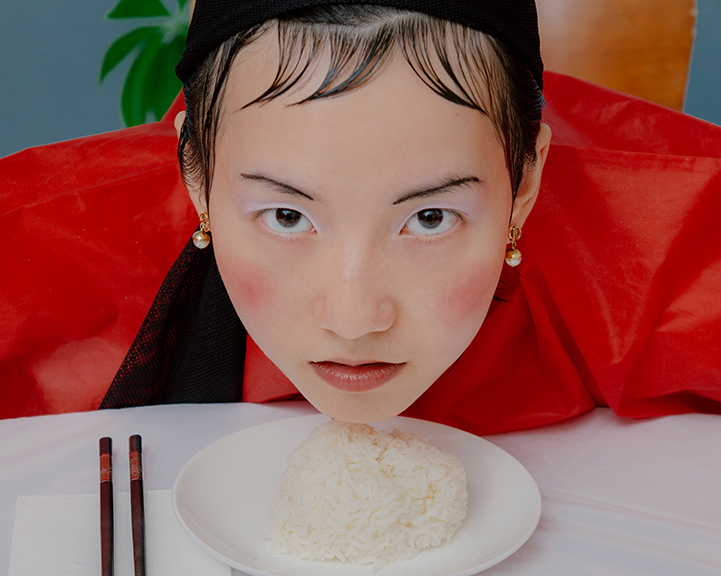This story is a part of MOLD’s reader-submitted project series. Submit your projects here for consideration.
Fermentation surrounds us at all times. In fact, we may even say that our very existence is inseparable from fermentation, since the beginnings of life on Earth. Fermenting is a process of transformation at microscopic level, one which unfolds across a variety of contexts: in what we eat, in what we drink, underground in the soil, inside our guts, even on the surface of our skin. An ever-present microbial dance, active since the beginnings of time. A process which, when observed up close, can teach us the unending possibilities for life in symbiosis.
Words by Inês Neto dos Santos. Photography by Sam Nightingale.
PROJECT OVERVIEW
“Friends who ferment” is a piece inspired by stories of travelers and migrants traveling with dry ferments in their pockets – pieces of cloth embedded with starters for bread, cheese, yogurt and more, preserved indefinitely, ready to be reawakened wherever they end up. Dirty clothes to outside eyes, but, in reality, portals into a whole world.
This quilt is made up of fermented patches sent to me by friends and friends of friends, pieces of their own traveling ferments. It may warm your legs, or provide you with a whole meal; a pooling together of resources, a possibility for cyclical sustenance, a warm shelter. What you take out, you can add back in again, in perpetuity.
PROBLEM
At the beginning of the Covid-19 pandemic, in March 2020, myself and many others joined forces with artist Lexie Smith, becoming part of a movement which brought together a community of sourdough partisans. Following Lexie’s instructions, I sun-dried my sourdough starter, obtaining thin, translucent flakes, speckled with rye bran, which I then divided into small envelopes and sent to friends and strangers near and far. Overnight, the floodgates had opened: hundreds of addresses landed in my inbox, overflowing with requests for these tiny envelopes filled with dormant microbial life.
That same year, months later, I took part in a collective reading session with anthropologist and writer Mercedes Villalba, who read and shared from her Manifesto Fervente. In this manifesto, Mercedes urges us to ferment physically and metaphorically; inviting us to cultivate the future, to imagine alternative modes of production and relation, to dismantle capitalist logic.
DESIGN PROCESS
We spoke of the differences between industrial and traditional yogurts – the collaborative ways in which bacterial cultures in traditional yogurt cyclically multiply ad infinitum, in sympoiesis, due to their own microbial diversity. It is known that a wider diversity of bacterial strains means a stronger protection against pathogens, a stronger chance at life, through symbiosis. Mercedes told us about yogurt starters, passed down through generations, between friends and strangers, often transported in dry form. A portion of yogurt is spread thinly on a piece of fabric, which is left to dry and, once folded, becomes ready to transport in someone’s pocket. On arrival, wherever it may be, the cloth may be soaked in warm milk, dissolving the dry yogurt in the liquid and bringing the dormant microbial cultures back to life – restarting the fermentation cycle.
The dry sourdough starter, shared amongst many hands around the world, and the travelling yoghurt-cloth met each other in my mind. I revisited The Art of Fermentation, by Sandor Katz, to read the story of a Finnish immigrant, who, faced with a long journey to settle in the United States, brings with him his most precious possession: viili (a kind of yoghurt, typical from Finland), dried, on a cloth, folded and hidden between his clothes.
It feels inevitable to conclude that fermentation unfolds “culture” into a rainbow of meanings: bacterial, social, artistic. Crossing borders with one of these fermented cloths IS travelling with the whole world in our pocket. Carrying with us the possibility of comfort, sustenance and care, infinitely multipliable. A gesture of resilience and hope, belief in symbiosis, collaboration, togetherness – all held in a cloth, a piece of fabric which might easily pass as “dirty” to anyone else.
SHAPING THE FUTURE OF FOOD
This project deals with the fundamental role of collective gestures – and is rooted in an understanding of our existence as an inescapable mesh, where everything is connected. These travelling ferments teach us how culture may unfold into a rainbow of meanings: bacterial, social, artistic. And urges us to reconsider the capitalist, patriarchal worldview of nature as a simple backdrop to culture – when, in fact, they are one and the same.
“Friends who ferment” provides a poetic, metaphorical but also reality-rooted view of possibilities for abundant sustenance – possibilities which may only be activated through a sincere and generous collaboration between humans and non-humans. The project also questions the idea of borders, looking into processes of microbial (read: cultural) migration as acts of resistance in the face of an increasingly individualistic world.
Beyond this, this project also speaks of the resilience of microbial life – once dried, microorganisms present in fermented foods are able to enter a state of dormancy, a suspended sleep, a state of indefinite preservation. Once laid into a warm liquid, these micro-beings may resume their life activities, continuing their processes in cyclical symbiosis. “Friends who ferment” is not only about the human friends who have contributed their fermented patches to this quilt, but also about the friendships we may forge with non-human life forms and how they may be mutually caring.
ABOUT THE PROJECT TEAM
Inês Neto dos Santos is a multi-disciplinary artist, born in Lisbon and based in London/Brussels. She completed an MA in Visual Communication at Royal College of Art (2016) and a BA in Graphic Design and Illustration at London College of Communication (2013). Her practice encompasses installation, social sculpture and what she calls collective gestures, investigating food as a gateway into widened a perception of the world. In her work, Inês creates contexts and frameworks through which to explore collaboration, generosity, care and togetherness. In recent years, she has delved into the practical and metaphorical dimensions of fermentation, as a gateway into our enmeshed, multispecies existence. Inês has been a guest lecturer at Kingston University, Brighton University, Royal College of Art and Westminster University. Since March 2021, Inês has co-lead the online course Food Cosmogonies with artist Nora Silva. The course seeks to propose food as central to the world-making process.
Initiated and made by Inês Neto dos Santos, with contributions by Aquela Kombucha, Social Pickle, Jelena Belgrave, Melanie McIntosh, Maya Minder, Kaajal Modi, Fatima Tarkleman, Thom Eagle, Petar Sapundijev, Victoria Manganiello and Carmen Facio.
